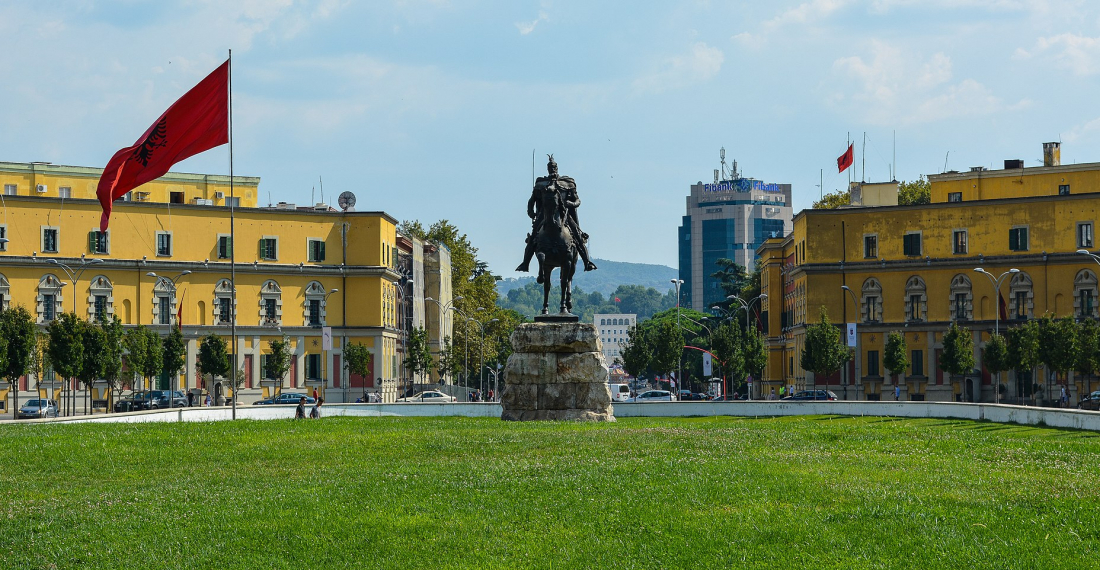Albania broke diplomatic relations with Iran on Wednesday. Announcing the decision, Prime Minister Edi Rama said Iran had launched a massive cyberattack against the country during the summer.
“The Council of Ministers has decided on the severance of diplomatic relations with the Islamic Republic of Iran with immediate effect,” he said.
The prime minister accused Iran of targeting the computer networks of Albanian institutions on July 15 in an attempt to “paralyze public services and hack data and electronic communications from the government systems.”
He said: “The said attack failed its purpose. Damages may be considered minimal compared to the goals of the aggressor. All systems came back fully operational and there was no irreversible wiping of data.”
He added that Iranian diplomats and support staff would be given 24 hours to leave the country.
In a letter to the Security Council, Ferit Hoxha, Albania’s permanent representative to the UN, officially informed member states that his country has severed ties with Iran.
He described the move as “fully proportionate to the gravity and risk posed by a state-organized and sponsored cyberattack against a sovereign country that threatened to disrupt public services, erase digital systems, steal or wipe critical state records and other electronic communications, with the aim to affect the integrity of government infrastructure to the detriment of security, paralyze its institutions and vital activity, put in danger the lives of civilians and create chaos and insecurity in the country.”
Relations between the two countries have been strained for many years. Albania hosts Iranian opposition group the People’s Mujahedeen of Iran, after agreeing in 2013 to take in members of the exiled group at the request of Washington and the UN. Thousands of Iranians have settled in the Balkan country since then.






